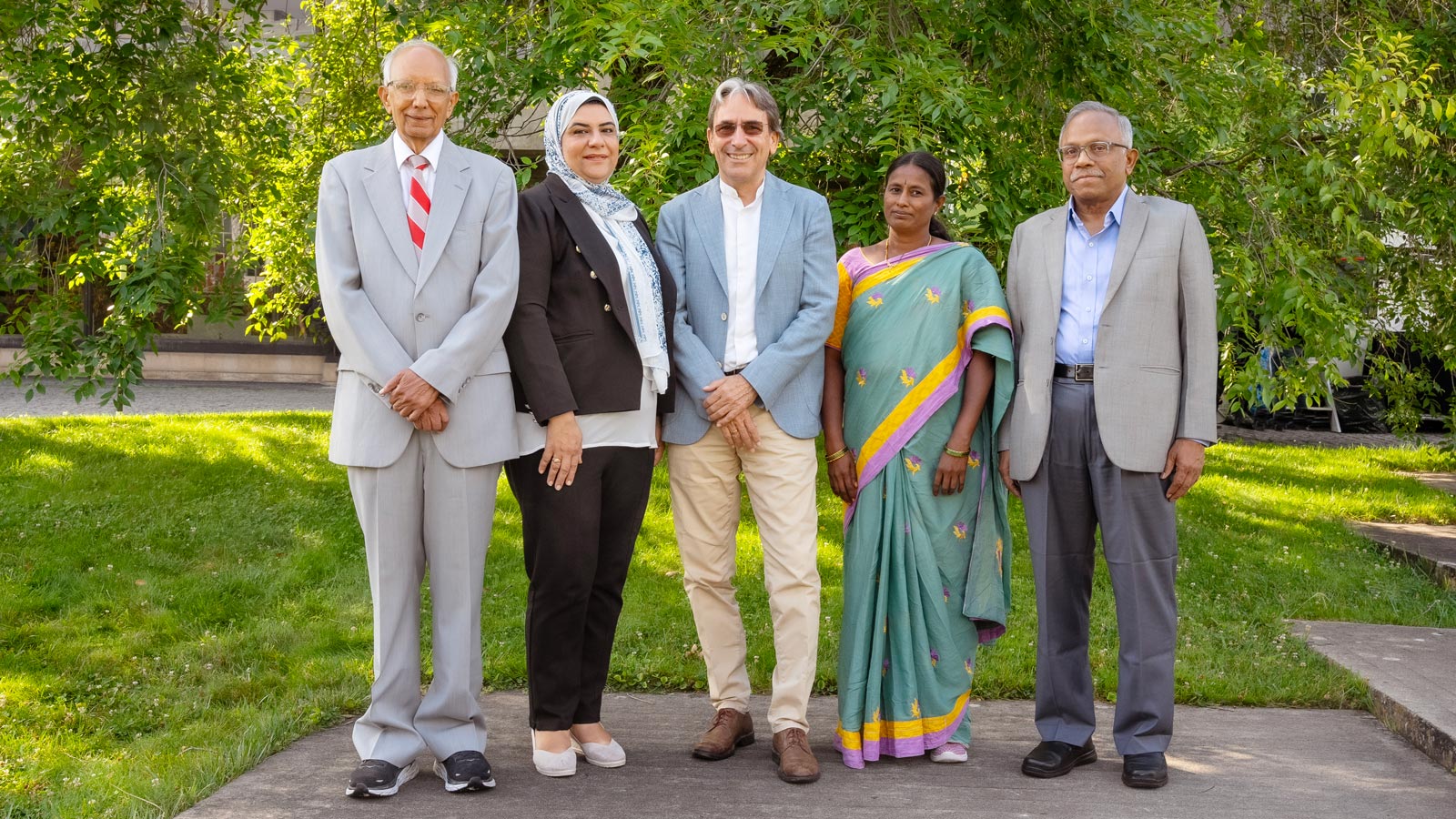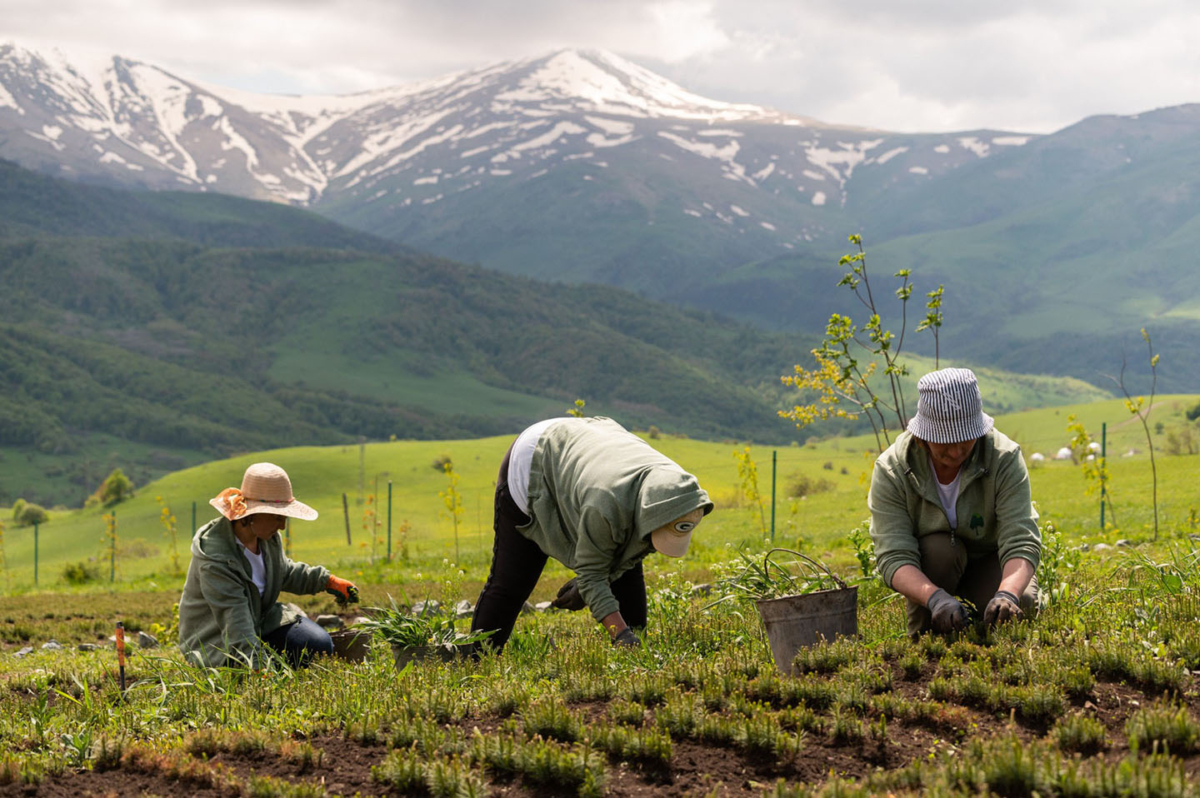Gulbenkian Prize for Humanity 2024

In recognition of their substantial contribution to global food security, climate resilience, and ecosystem protection, three visionary sustainable agriculture pioneers were selected as the winners of the 2024 Gulbenkian Prize for Humanity:
The independent jury, chaired by Dr. Angela Merkel, selected the recipients out of 181 nominations from 117 nationalities. The winners were chosen for their varying approaches to sustainable agriculture including biodynamic, natural, and regenerative farming, which have been proven effective in different geographical regions with challenging climatic conditions.
This year’s prize highlights how climate-related challenges are interlinked and lead to interconnected systemic crises. The climate crisis is exacerbating biodiversity loss, extreme weather and resource degradation, disrupting food systems and human health globally. Simultaneously, outdated agricultural practices significantly contribute to climate change through carbon emissions, land and water degradation, as well as biodiversity loss.
The 2024 winners demonstrate how sustainable agriculture can benefit communities, farmers, economies, and the planet. Their initiatives have had a transformative impact on agricultural production, making it part of the solution to the climate crisis instead of contributing to it. The winners will share the one-million-euro prize equally, and can use the funding to scale-up their efforts or support other sustainable agriculture projects.
For five consecutive years the Gulbenkian Prize for Humanity has been recognizing outstanding contributions to climate action and climate solutions that inspire hope and possibility. The Prize is a manifestation of the Calouste Gulbenkian Foundation’s commitment to put sustainability at the heart of its activities.

The Armenian Communities Department has also incorporated climate defense initiatives in its current programming. While the Gulbenkian Prize for Humanity is global, the Department focuses its environmental activities in Armenia. These comprise of a holistic approach to tackle the issue, including three domains that complement each other: practical implementation, education and culture.
